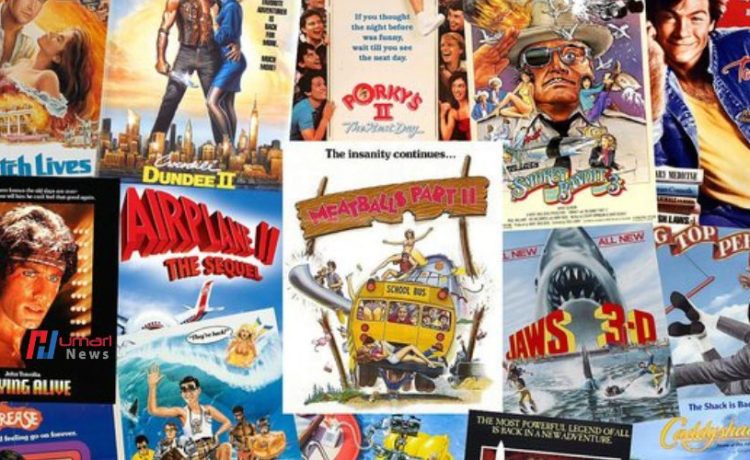For decades, Hollywood has been criticized for its seemingly insatiable appetite for remakes, reboots, and sequels. From Disney’s live-action remakes of classic animated films to endless superhero franchises, audiences are bombarded with rehashed versions of familiar stories. This trend begs the question: why does Hollywood keep looking to the past for inspiration?
Playing it Safe: The Comfort of Familiarity
One primary reason for Hollywood’s reliance on existing properties is the comfort of familiarity. Studios operate in a high-risk business, and a proven concept with built-in brand recognition offers a perceived safety net. Remakes and reboots capitalize on nostalgia, a powerful marketing tool that can draw audiences who have fond memories of the original. Additionally, existing fan bases for established franchises offer a guaranteed level of interest, making these projects more likely to generate a return on investment.
The Numbers Game: Minimizing Risk with Established Brands
Beyond nostalgia, studios rely on data and analytics to predict audience preferences. Existing franchises often boast established fan bases and readily available merchandise opportunities. This translates into potentially lucrative licensing deals, theme park attractions, and a plethora of ancillary revenue streams alongside box office returns. The financial allure of a known property, even if it’s a remake or reboot, can be too tempting for studios to resist.
The Challenge of Originality: Is Hollywood Out of Ideas?
Some argue that Hollywood’s reliance on recycled ideas reflects a lack of originality. Developing fresh concepts carries significant risk, and studios might be hesitant to invest in untested stories. This can lead to a self-fulfilling prophecy, where the focus on remakes stifles the development of new ideas and innovative storytelling.
More Than Nostalgia: Reimagining for a New Generation
However, it’s important to recognize that not all reboots are simply carbon copies. Some remakes offer fresh perspectives and interpretations of familiar stories. For example, “Mad Max: Fury Road” rebooted the franchise with a feminist lens, injecting it with new energy and captivating a whole new generation of fans. Similarly, shows like “Battlestar Galactica” used the framework of a reboot to explore contemporary social and political issues.
The Power of Reinterpretation: Breathing New Life into Old Stories
Successful reboots and remakes leverage the existing foundation of a story while adding new layers of complexity, updating themes for modern audiences, or exploring the story from a different perspective. This approach can breathe new life into old narratives, offering audiences a compelling reason to revisit familiar territory.
The Audience Factor: Are We Tired of Remakes?
The impact of Hollywood’s recycling habits on audiences is a subject of debate. While some viewers find comfort in familiar stories, others crave originality and unique narratives. The success or failure of a remake ultimately depends on its execution. A well-crafted reimagining can win over audiences, while a lazy retread will likely fall flat.
Beyond Nostalgia: The Importance of Fresh Storytelling
The future of Hollywood should not be solely defined by remakes and reboots. While these projects can be successful, the industry needs to nurture fresh ideas and invest in original stories. Encouraging diverse voices and fostering creative storytelling can ensure a vibrant and engaging film landscape.
Ultimately, Hollywood’s future success depends on striking a balance. Studios should continue to revisit established properties, but they must prioritize high-quality reboots that offer fresh interpretations and engage audiences with innovative storytelling. Simultaneously, the industry must invest in original stories that push boundaries and explore new creative territory. By embracing both established favorites and bold new narratives, Hollywood can continue to captivate audiences and ensure a future filled with captivating entertainment.







